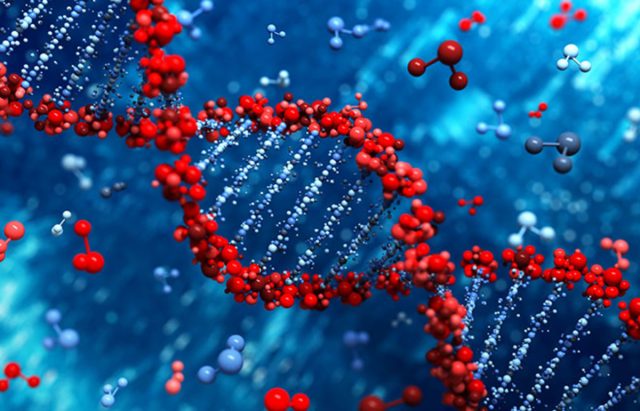OUR CANCER PREVENTING GENES REVEALED
Our bodies consist of genes that work hard to prevent cancer. If they fail to do their job, some cells can mutate and develop into the said life-threatening illness.
When p53, also known as the “super tumor suppressor gene”, malfunctions, it can cause at least half of all kinds of cancers. But when it works properly, it controls how a single cell is affected by stress and can tell a rogue cell to disintegrate.
The importance of p53 in fighting cancer has been known for around 30 years, but until today, there still hasn’t been any explanation as to how it prevents cancers from developing.
According to Melbourne-based study leaders, Dr Ana Janic, Associate Professor Marco Herold and Professor Andreas Strasser, they discovered that a certain group of genes that operate in the body’s normal DNA repair process are crucial to p53’s success in preventing cancer development.
In line with this, they also discovered that MLH1, a type of DNA repair gene, as well as other associated genes can affect p53’s capability to stop B-cell lymphomas from evolving.
These data could potentially aid in better classifying patients who are at risk of certain cancers. They would also mean safer and more effective treatments.
Dr. Janic mentioned that while these findings are indeed revolutionary, it seems that it will take years to translate into clinical practice. She said that this discovery also made way for further investigation on whether DNA repair process is as essential in other cancers, such as colon and pancreatic cancer.
According to Dr. Janic, it’s the mutations in this gene that’s initiating 50% of cancers, and she’s very excited to look further into many brand new discoveries in this particular area.
She also mentioned that using MLH1 functions as a weapon for p53 will be very helpful to doctors in terms of diagnosing early stages of cancer and prescribing better cancer treatments.
An example would be: if a particular lymphoma patient has a mutation that deactivates the DNA repair mechanism, doctors will be aware not to use treatments that damages the DNA – like chemotherapy, because it will only trigger aggressiveness in the cancer.
The results of this study could particularly help people with Li-Fraumeni Syndrome, a familial tendency to certain types of cancers that is caused by inherited mutations in p53.
p53 is mutated in around 70% of colon and pancreatic cancers, so the result of this study could have a significant effect on analyzing and treating these diseases.
The next step for the researchers is to study how human cells respond to stresses that trigger cancer in tissue culture and eventually cultivate more targeted treatments for each patient.
According to professor Strasser, for cancer researchers, knowing how p53 behaves is a “holy grail”. They are preparing to study further into the genes that are controlled by p53 because they want to understand other potential processes that might impact its function.
According to Dr. Herold, after screening more than 300 genes, they were surprised to discover that the loss of MLH1 prevented p53 from functioning correctly, thus causing lymphoma to develop. And once MLH1 was returned to the balance, it significantly stalled the development of the tumor.
Similar to a lot of discoveries at this level, according to Dr. Janic, the researchers were surprised with the results because they were not aware that p53 worked this way, but it also means that it opens doors for further exploration.




























